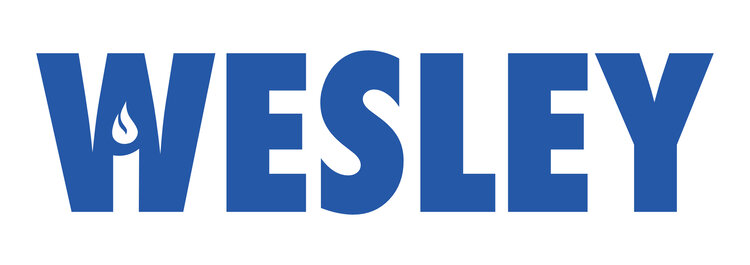The gospel reading from the Revised Common Lectionary for the Sixth Sunday after Epiphany, February 13th, Luke 6:17-26 says…
He came down with them and stood on a level place, with a great crowd of his disciples and a great multitude of people from all Judea, Jerusalem, and the coast of Tyre and Sidon. They had come to hear him and to be healed of their diseases; and those who were troubled with unclean spirits were cured. And all in the crowd were trying to touch him, for power came out from him and healed all of them.
Then he looked up at his disciples and said: “Blessed are you who are poor, for yours is the kingdom of God. “Blessed are you who are hungry now, for you will be filled. “Blessed are you who weep now, for you will laugh. “Blessed are you when people hate you, and when they exclude you, revile you, and defame you on account of the Son of Man. Rejoice in that day and leap for joy, for surely your reward is great in heaven; for that is what their ancestors did to the prophets. “But woe to you who are rich, for you have received your consolation. “Woe to you who are full now, for you will be hungry. “Woe to you who are laughing now, for you will mourn and weep. “Woe to you when all speak well of you, for that is what their ancestors did to the false prophets.
Perhaps these words are familiar to you. Maybe they sound like something you’ve heard many times, but something… you can’t quite put your finger on it… is just a bit off. Our lectionary passage today is taken from Luke’s account of the Sermon on the Plain. The Sermon on the Plain isn't something that we are as accustomed to hearing as we are another of Jesus’s sermons— the Sermon on the Mount. The Sermon of the Mount found in Matthew’s gospel is indeed quite famous and expansive. It’s three chapters long and it extends for 109 verses of the Bible. By contrast, the Sermon on the Plain in Luke’s gospel is only in one chapter and the actual sermon itself only consists of 30 verses. Even though Luke’s version is much shorter, most Biblical scholars believe both of these are accounts of the same sermon preached by Jesus. And yet the authors of each gospel gives us their accounts and there’s one really big difference. Matthew says Jesus preached this sermon on a “mount” and Luke says Jesus preached it on a “plain” or on “a level place.”
So what? Why does the location of Jesus’s sermon even matter? There’s a lot of different theories about why the location of each sermon is different. Some think that maybe Jesus preached the same sermon at different places at different times. Others have said when you get to the top of a mountain, it’s flat so therefore maybe they are both talking about the same place. Perhaps Matthew and Luke are communicating more than the location of the sermon in their description. Maybe for Matthew listening to Jesus preach is a mountain top moment and teaching for life. And maybe Luke is saying that this is the stuff that should make up our everyday lives.
The differences in the Sermon on the Plain and the Sermon on the Mount are not limited to mere location of the sermon. Read closely and you will see that each passage contains subtle differences that change the meaning of the text. In our gospel passage from Luke today, Jesus says, “Blessed are you who are poor, blessed are you who are hungry.” But in Matthew’s gospel Jesus says, “Blessed are the poor in Spirit, blessed are those who hunger and thirst for righteousness.” Clearly Luke and Matthew heard these words differently. Matthew heard these blessings as something spiritual. Jesus is blessing all of us who are hungering for righteousness, for something within yourself. Whereas Luke affirms what we see so often in the Old Testament, God’s presence, advocacy, and redemptive work will be seen among the poor. Both are equally important. God is with those who are poor in spirit. God is with those who are literally financially poor. God is always most present with those who are suffering, “woe to those who who are rich, full, and laughing now,” and when we follow God we are called to be in communion with those who are struggling. When we follow God we are called to be present and helpful with those who are poor, both in spirit and in the basic necessities of life. Matthew and Luke do us a great service by clarifying that both of these are important. The gospels give us different accounts to make clear our calling as Christians. Following Jesus requires us to bless and be present with all.
It’s interesting to compare the gospels and to do the work of interpreting how it all came about and then what that means for us today. As you engage with the scripture in the next week, I invite you to the holy work of reading God’s words with faithful curiosity and loving spirits.

